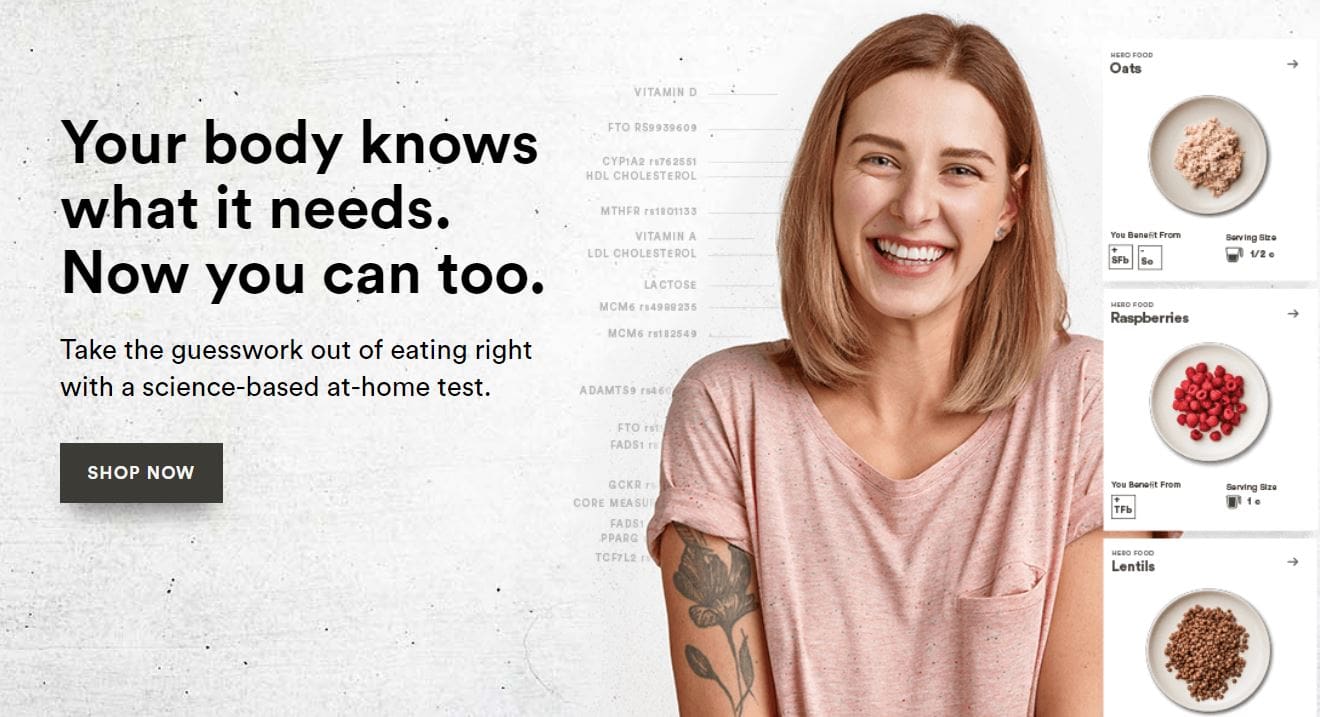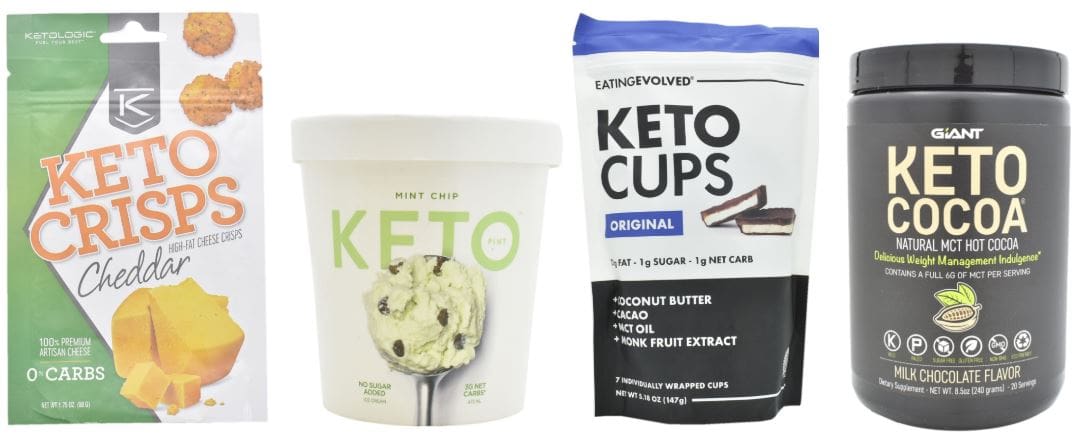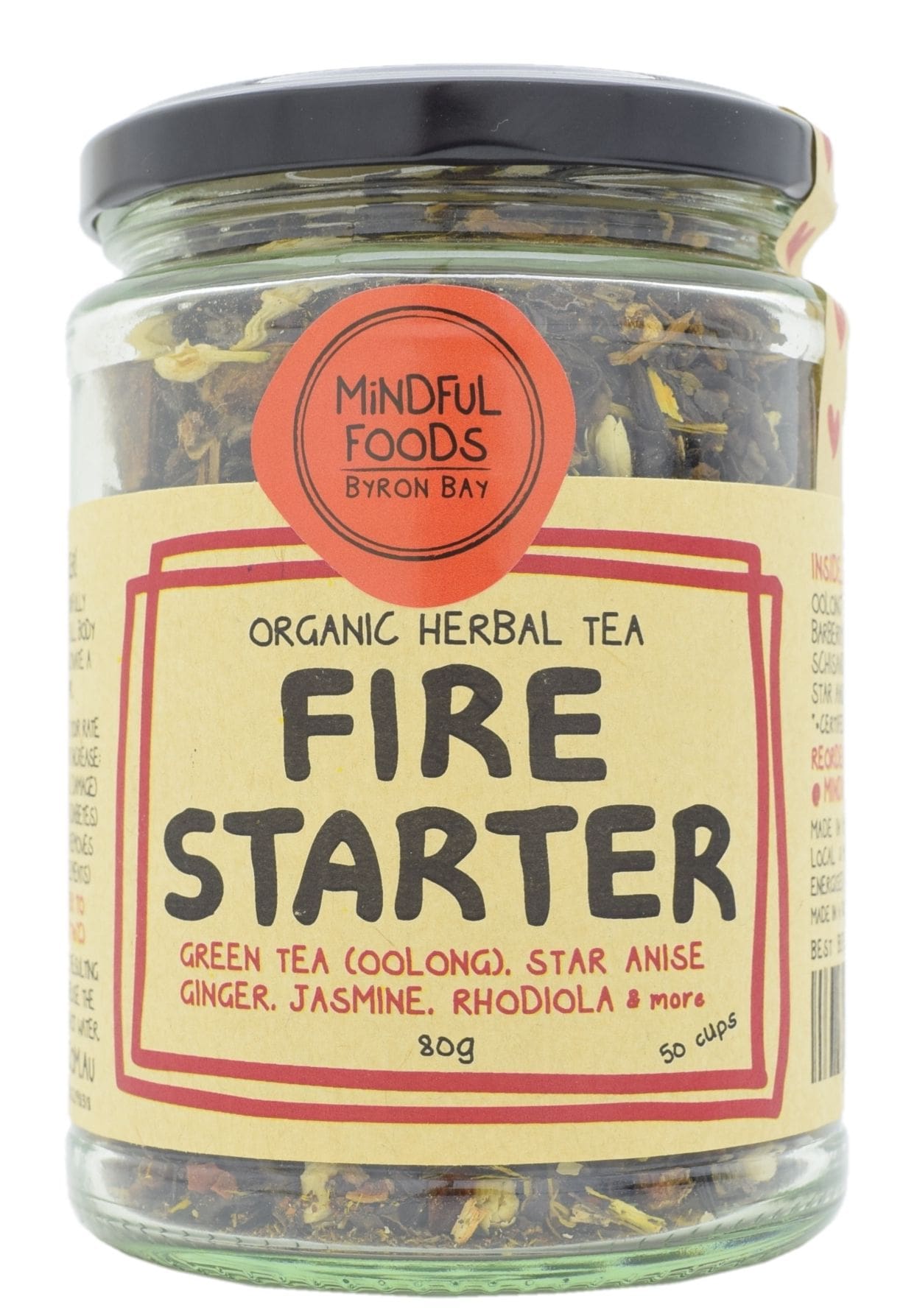The high-fat, low-carbohydrate keto diet is enjoying spectacular popularity at the moment, but will it remain relevant in the years to come? Global Food Analyst Melanie Zanoza Bartelme and Associate Director, Food Science, Stephanie Mattucci predict the future of fad diets and a move towards personalization.
Walking around the floor at Natural Products Expo West – the world’s largest natural, organic and healthy products event – in California this year, it was evident that keto was continuing its moment in the spotlight. From sauces to spreads to ice cream, there was a keto-friendly product in nearly every category. Some of these products simply called out their keto-appropriate ingredients, like MCT oil, while others had seemingly built their entire identity around the diet.
While it feels like an opportunity to address the interest consumers have in the keto diet, it may not be so wise to build a brand solely around this – or any other – potentially fad diet. Keto is hot right now, but what will happen to these brands when the next on-trend diet surges into retail aisles? For instance, some food media outlets have pointed to the Mediterranean Diet, low-FODMAP, and even the Carnivore Diet as ones to watch.
So what’s a food company to do to ensure they are meeting consumers’ needs, while riding out whatever latest diet is in the spotlight?
1. Focus on function
Consumers are looking for more out of their foods and diets. Future diets need to go beyond just offering weight loss and also provide functional benefits. One of the reasons keto has enjoyed its success so far is due to the cognitive benefits it is said to provide. Call out the benefits present in a product and let consumers decide which products they think will best address their own specific needs.

2. Offer natural energy
One of the promised benefits of the keto diet is increased energy. Boosting energy is a leading reason for eating healthy among US consumers aged 18-24, who try to eat healthy at least some of the time. The emerging concept of biohacking (the process of making changes to your lifestyle in order to “hack” your body’s biology) is creating new opportunities for products to help consumers boost energy at a cellular level. There are different ways products can be used to support mitochondria (the energy-producing element in cells), including ingredients designed to either generate more mitochondria, improve mitochondria function, or antioxidants to protect mitochondrial DNA from damaging free radicals. An example is Fire Starter Organic Herbal Tea, which claims to increase mitochondria count.
3. Highlight the brain-gut connection
Consumers are beginning to understand that the foods they eat have an impact on both their physical and mental well-being. Some versions of the keto diet, specifically “clean” keto, suggest that the idea of supporting brain health with nutrition will develop from this diet. Emerging research on the gut-brain connection will change the way we think about brain health and increase awareness about the benefits of certain ingredients, such as fiber, omega-3s, and mesonutrients, the active compounds within superfoods.
4. Look out for personalized diets
Recent popular diets, such as gluten-free and Whole 30, illustrate that people are becoming more comfortable asking what foods are right for them and are willing to experiment to find the best diet plan for their body. Almost three-quarters of US consumers who are managing their weight claim to follow their own eating program/guidelines. In the future, consumers will use technology and their growing nutritional knowledge to create diets that work for them. For example, Habit, a DNA-based diet company in the US, was recently acquired by Viome, a health startup that specializes in microbiome analysis. These technologies will put the power in consumers’ hands to create the diets – and choose the products – that will let them achieve their ideal version of health.

Melanie Zanoza Bartelme is a Global Food Analyst at Mintel, providing insights on global innovation and consumer trends across a number of food categories
Stephanie Mattucci is an Associate Director of Food Science at Mintel. Prior to Mintel, Stephanie worked as a food scientist in R&D for an ingredients company.










































